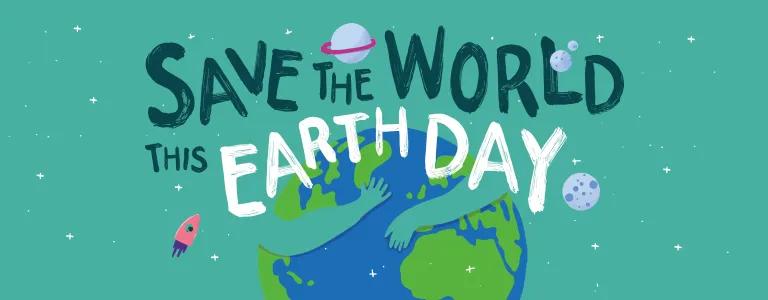
7 Ways To Save The World This Earth Day - NCS Grad, Josh
Earth Day is a really important date in the diary (22nd April). It’s a chance to reflect on how we’re living and see how we can improve our habits to look after our planet. NCS grad, Josh shares his ideas on how we can protect the environment.
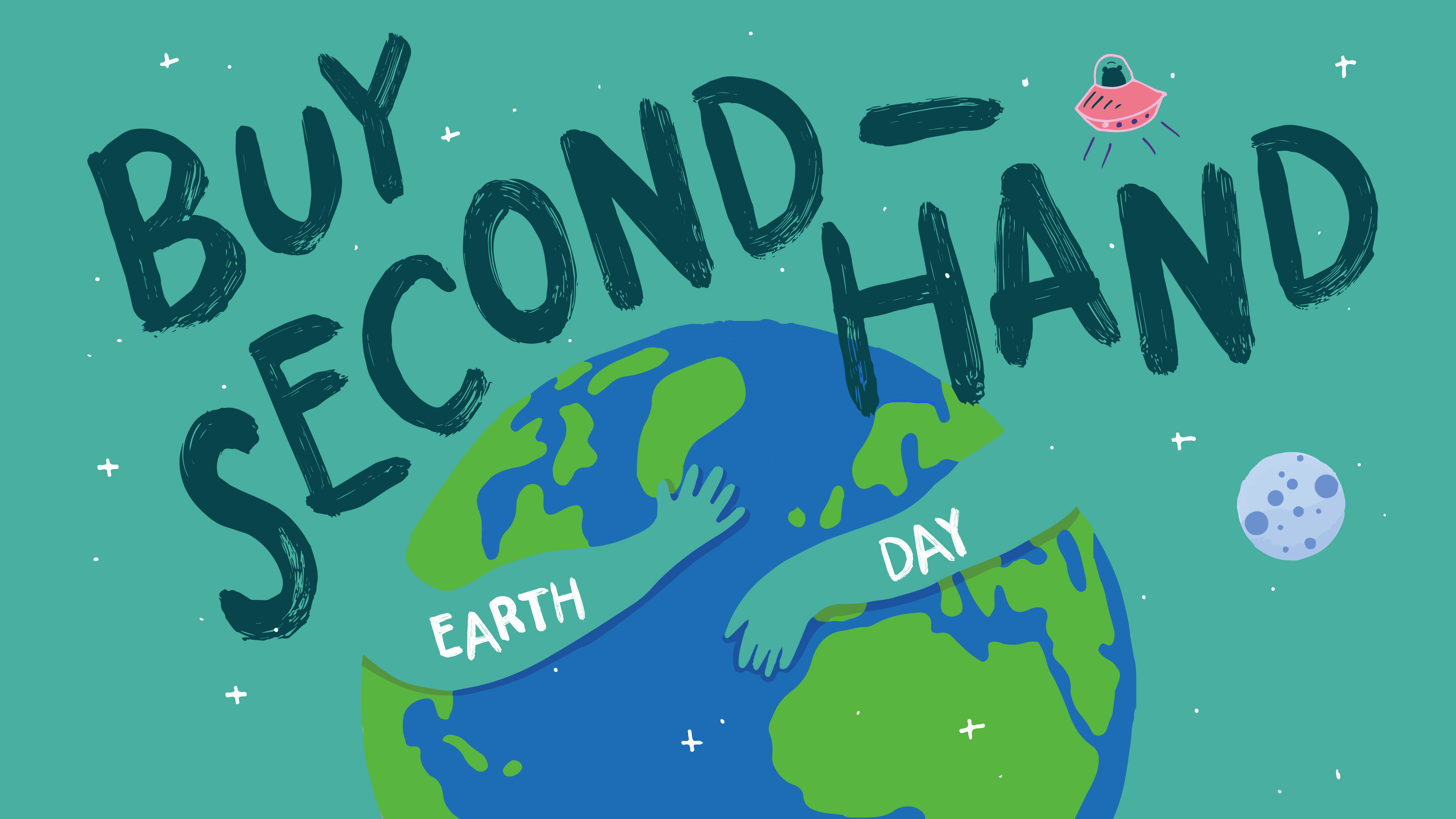
Give products a new lease of life
Try buying second-hand products, go to a charity shop. You might find something just as good, for half the price. Plus, you’re reusing something instead of just letting it get thrown away. Remember to ask yourself, “Do I really need this?”. Or would you be just as happy without it? Buying second-hand and reusing it is a really positive way to combat the inherent wastefulness of society.
Travel by car less
Take public transport, walk or cycle for shorter journeys. And for longer ones, you could always car-share. A collective effort to try and reduce the number of cars on our roads, especially in urban areas, would be huge in controlling carbon dioxide emissions in the future.
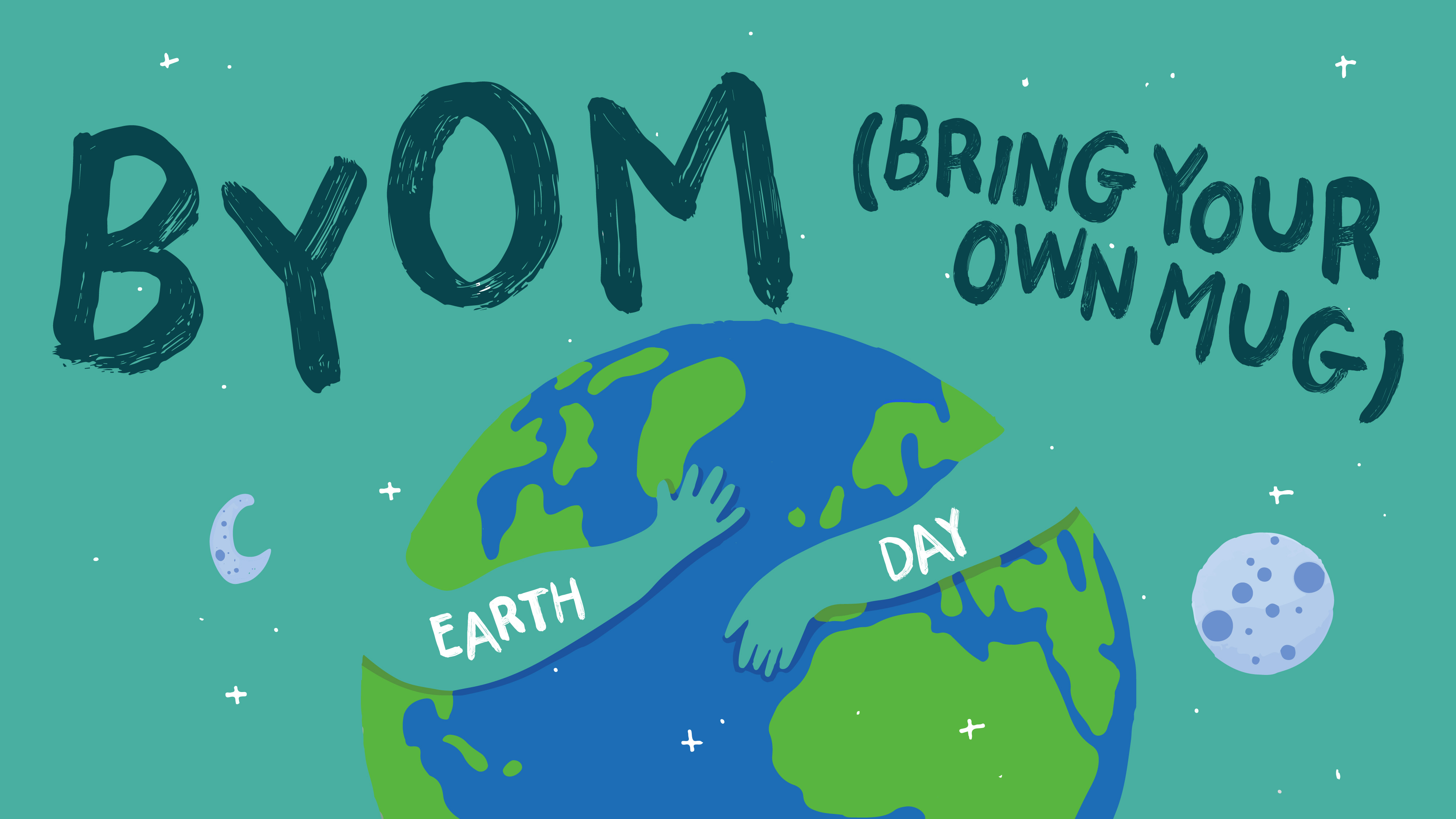
Use ’reusables’
Single-use plastics and other disposables are extremely unsustainable to make, and after they’ve been used they often end up in the oceans. This is detrimental to sea life and the health of those oceans.
You can cut back on plastics by getting a metal straw (to save you from using plastics ones when eating out) and using Tupperware containers to store food (instead of cling film). Finally, you can get a reusable mug for your hot drinks. Coffee shops normally offer a discount if you have your own mug, so you’re saving money and the planet!
Recycle the plastics you do use
It’s inevitable that you will need to use some plastics – make sure you know which ones can be recycled, so that you don’t unnecessarily send them to the landfill. Products with plastic packaging will normally tell you whether it’s suitable for recycling.
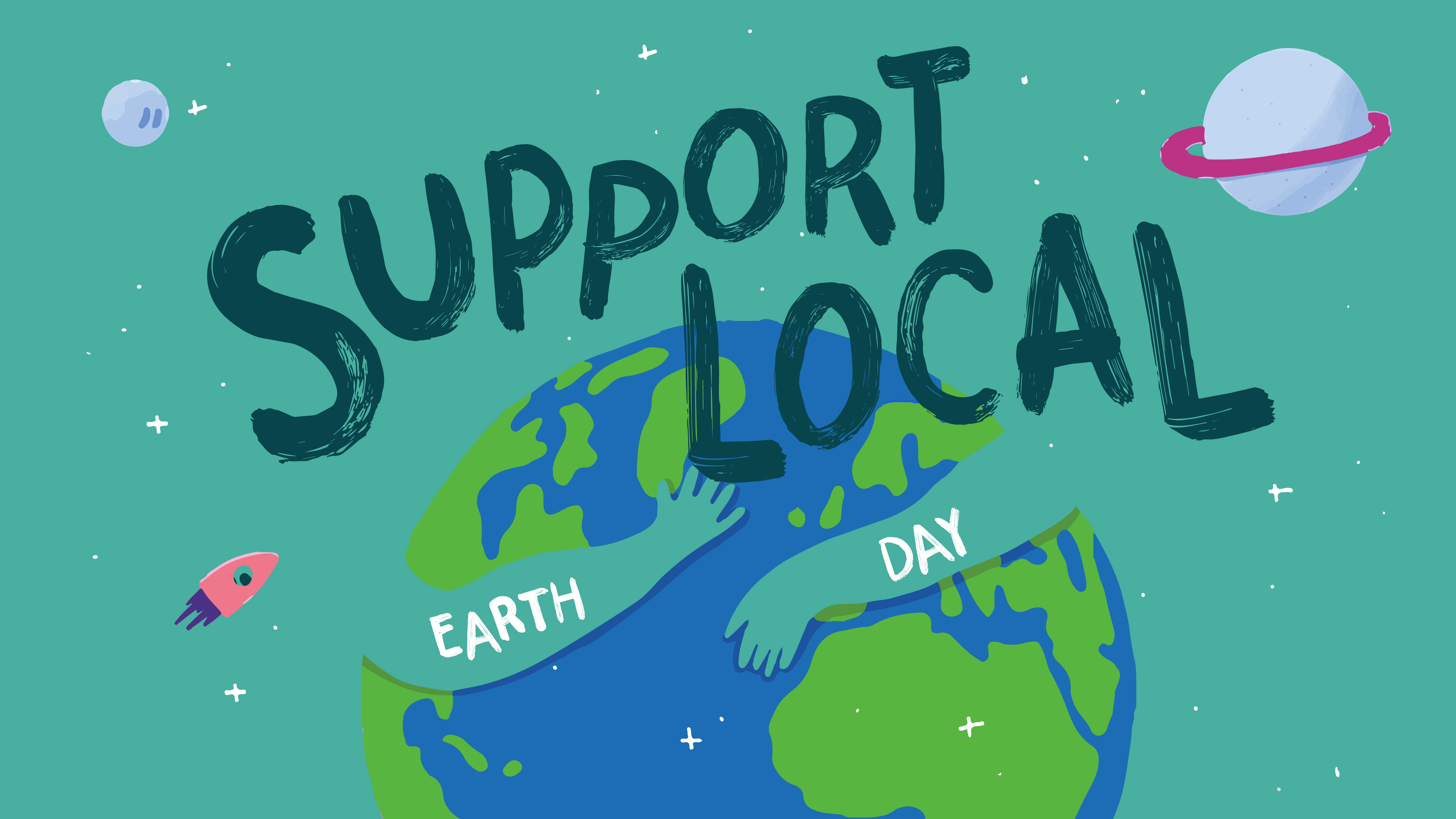
Buy locally sourced food
Food products are transported around the world from where they were grown, made and packaged, to where they are being sold. By buying locally, you cut out a lot of these unnecessary ‘food miles’, cutting down emissions. It also gives you the opportunity to support more local food producers and sellers, and to appreciate foods that are unique to your local area.
Eat less meat
The meat industry is a huge polluter, releasing carbon dioxide, methane and other greenhouse gases into the atmosphere. You don’t have to become a vegan or vegetarian (although that is an option), but reducing the amount of meat you consume will make a difference to your overall carbon footprint.
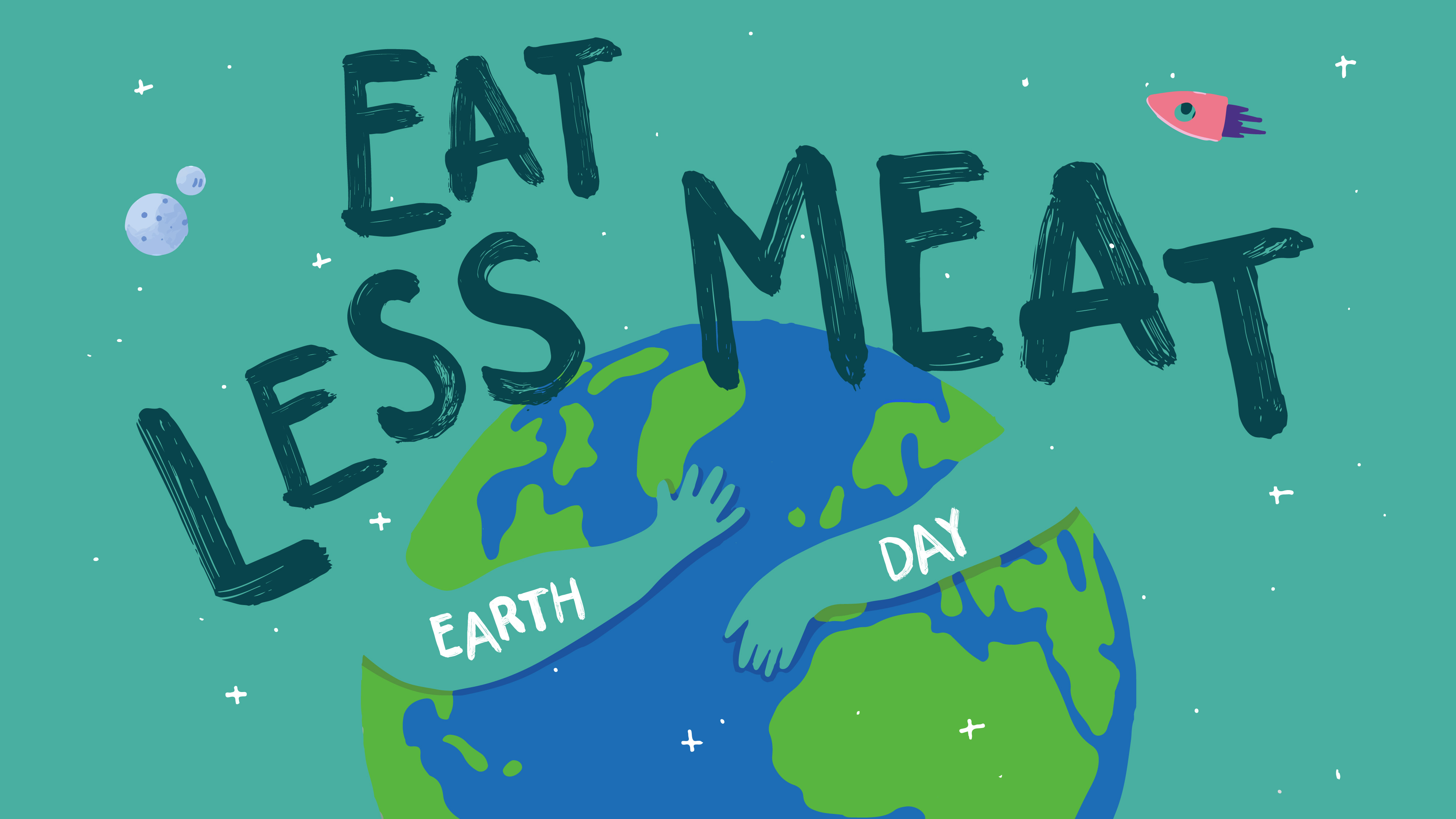
Inspire others
Finally, use your newfound knowledge to educate others – your friends, family, colleagues and others all around the world on social media. The impact of actions like these are amplified when more people do them. You can have a positive impact on the environment and your work could even persuade big businesses to be more green. This should be a global movement, so let people know what you’re doing and inspire others to follow suit.

